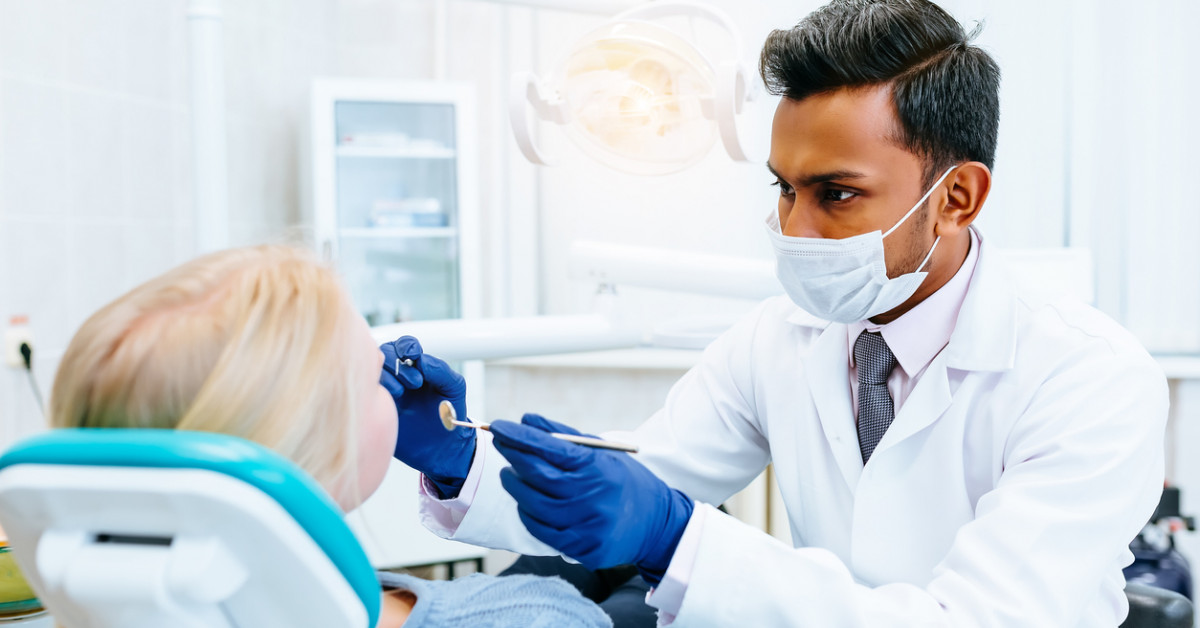The Expert's Guide to Oral Rehabilitation
Welcome to the ultimate guide on oral rehabilitation - your go-to resource for everything you need to know about restoring your teeth and improving your overall oral health. Whether you're dealing with tooth loss, decay, or damage, this comprehensive guide is designed to help you understand the different treatment options available and choose the best one for your unique needs. With expert insights, practical tips, and step-by-step instructions, we are excited to share our wealth of knowledge on all thing’s oral rehabilitation. So, let's dive in!

What is oral rehabilitation?
Oral rehabilitation is the process of restoring the function
and appearance of the mouth, teeth, and jaws. It can be performed on patients
of all ages, from young children to seniors. The goal of oral rehabilitation is
to improve the patient's quality of life by restoring their ability to eat,
speak, and smile with confidence.
There are many different types of oral rehabilitation procedures, ranging from
simple fillings and crowns to more complex dental implants and jaw surgery. The
type of procedure that is right for you will depend on the severity of your
condition and your overall health. Your dentist or oral surgeon will work with
you to create a treatment plan that meets your specific needs.
If you are missing one or more teeth, there are several options available to
replace them. Dental implants are titanium posts that are surgically placed
into the jawbone to serve as artificial tooth roots. Once the implants have
healed, they can be used to support dental crowns, bridges, or dentures. This
option provides a natural look and feel, and can restore your ability to chew
and speak normally.
Another option for replacing missing teeth is a dental bridge. A bridge
consists of two crowns that are placed on either side of the space left by the
missing tooth (or teeth), with an artificial tooth in between. Bridges can be
made from a variety of materials, including porcelain, metal, or a combination
of both. Bridges are usually supported by natural teeth or dental implants.
The different types of oral rehabilitation
Oral rehabilitation is the process of repairing and
restoring the function of the mouth, teeth, and jaws. It can be used to treat a
wide range of conditions, including tooth loss, gum disease, TMJ disorders, and
cleft palate. There are several different types of oral rehabilitation, each
with its own set of benefits and risks.
The most common type of oral rehabilitation is dental implants. Dental implants
are metal posts that are surgically implanted into the jawbone. They act as artificial
roots that support artificial teeth (crowns). Dental implants are very strong
and durable, and they can last a lifetime with proper care. However, they are
also expensive, and the surgery required to place them can be complex and
risky.
Another type of dentist for children is dentures. Dentures are false teeth that are
custom-made to fit over the existing teeth or gums. They can be full or
partial, depending on how many teeth need to be replaced. Dentures are much
less expensive than dental implants, but they are also not as strong or
durable. They may need to be replaced every few years as they wear down or
become ill-fitting.
Finally, there is orthodontic treatment. Orthodontic treatment is used to
straighten crooked teeth and improve bite alignment. It typically involves the
use of braces or other corrective devices that are worn for an extended period
of time (usually 1-2 years). Orthodontic treatment can
Comments
Post a Comment